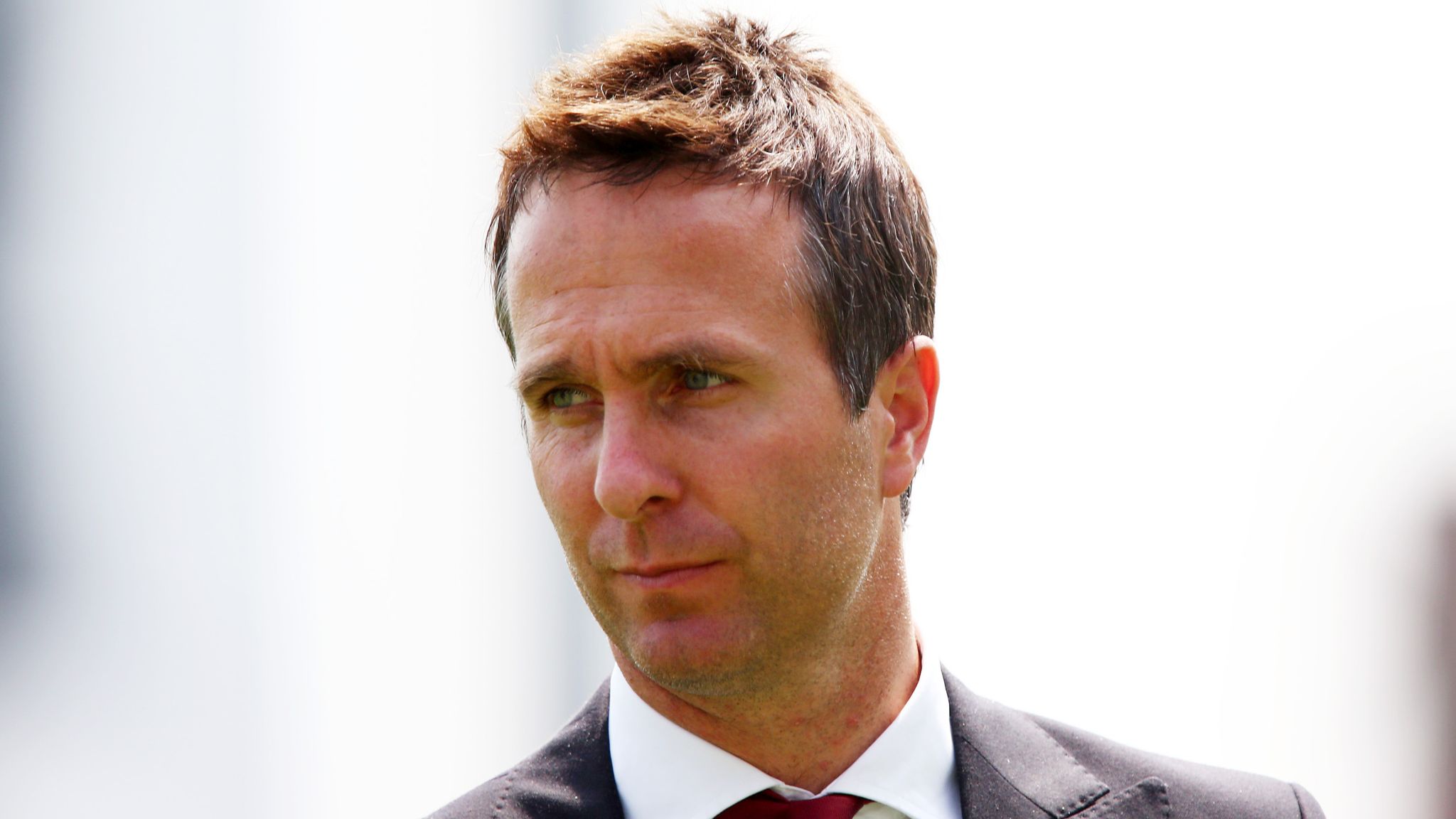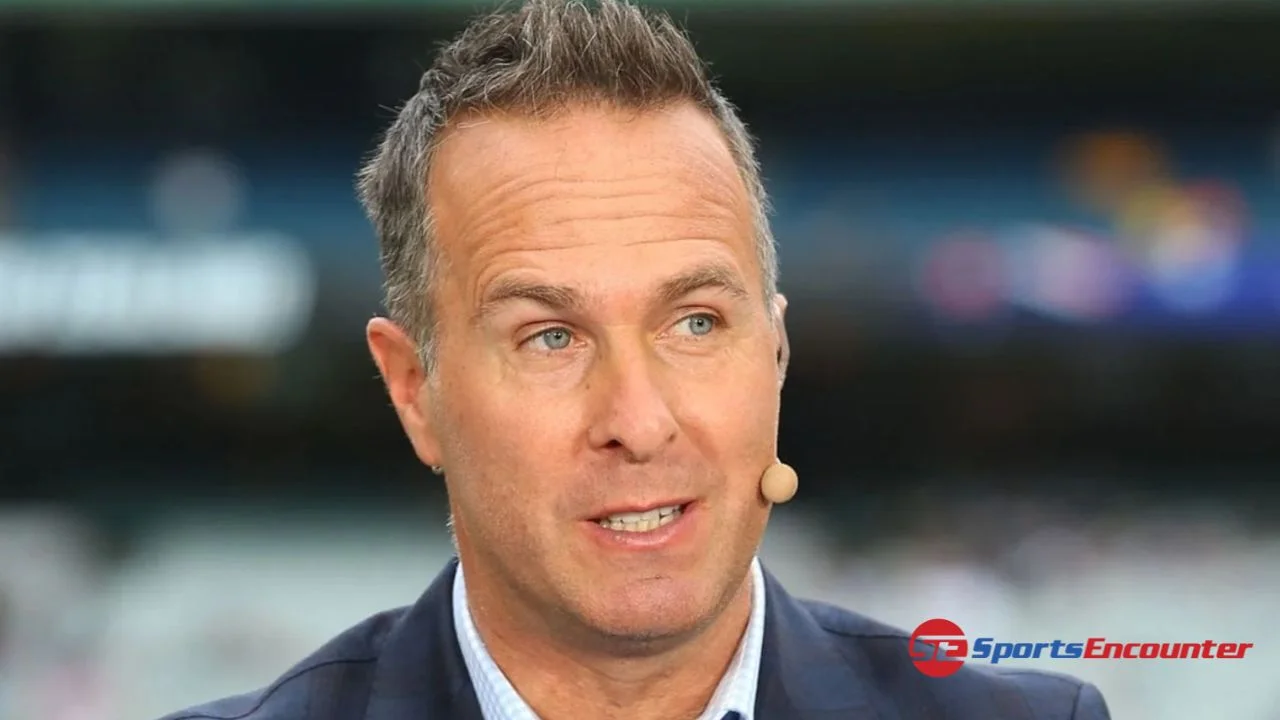In the fiercely competitive world of international cricket, the management of player selection and team backing is as crucial as the strategies played out on the field. Former England captain Michael Vaughan has ignited a debate surrounding the current England cricket team’s selection policies under the leadership of Ben Stokes and coach Brendon McCullum. Known for his forthright views, Vaughan’s recent comments highlight a contentious issue within the England camp—has the management’s supportive approach towards players crossed the line into leniency, thereby breeding complacency?

A Closer Look at England’s Selection Saga
The crux of Vaughan’s argument rests on the treatment of players within the current regime. Citing the case of Alex Lees, who was the solitary batsman to face the axe after a string of underwhelming performances, Vaughan points out the anomaly in England’s selection dynamics. Lees, whose tenure in the England Test side culminated after a disappointing average of just over 23, was replaced by Ben Duckett, indicating a rare instance of accountability. “In this England setup, backing a player seems to have been taken a bit too far,” Vaughan stated, emphasizing the need for a balance between support and the necessary ruthlessness required in high-stakes cricket. His perspective sheds light on the broader implications of such a policy—where the fear of failure is diminished, potentially at the cost of the team’s overall hunger and drive for success.
Michael Vaughan – BazBall didn't lose the series because England didn't play BazBall last week, They played the Traditional Cricket and lost.
Adam Gilchrist's reaction tells you everything 🫣#INDvENG #INDvsENG pic.twitter.com/MIFyI4K5rR
— Abhijeet ♞ (@TheYorkerBall) March 3, 2024
The Double-Edged Sword of Player Backing
The intention behind prolonged backing is clear: to instill confidence in players, allowing them to perform without the looming threat of exclusion. Zak Crawley’s journey is a testament to this approach, evolving from a struggling opener to becoming England’s leading run-scorer in the 2023 Ashes series. This transformation underscores the potential benefits of unwavering support, fostering an environment where players can find their footing and thrive. However, Vaughan’s critique stems from a concern that such an environment might also foster a sense of security that dilutes the competitive edge essential for international cricket. “Every player needs to realize they aren’t part of the furniture,” Vaughan argues, suggesting that a certain degree of pressure is beneficial for maintaining high performance levels.

The Winning Mentality in Test Cricket
Vaughan’s observations extend beyond individual performances, touching on England’s broader challenges in Test cricket. Despite individual successes, the team’s inability to consistently perform across both innings of a Test match has been a stumbling block. “The game is about winning,” Vaughan reminds, pointing out the essential goal that seems to have been overshadowed by the focus on player development and support. As England trails in the series against India, the upcoming selections and performances will be under scrutiny. Will the management consider a shift in their approach, or will they continue to tread the path of extensive player backing?

Conclusion: Finding the Balance
Michael Vaughan’s critique opens up a vital discussion on the management of sports teams, particularly in the context of cricket, where the line between nurturing talent and fostering complacency is razor-thin. As England seeks to reclaim its footing on the international stage, the balance between backing players and maintaining a competitive edge will be paramount. The evolution of this policy could very well dictate the future trajectory of the England cricket team, making it a subject of intrigue and debate among fans and pundits alike. In the realm of sports, where dynamics shift as rapidly as the game itself, the England cricket team’s approach to player management serves as a compelling case study. It highlights the perennial challenge of leadership: steering the ship with a steady hand while ensuring that every crew member remains poised to face the tumultuous seas of international competition.

